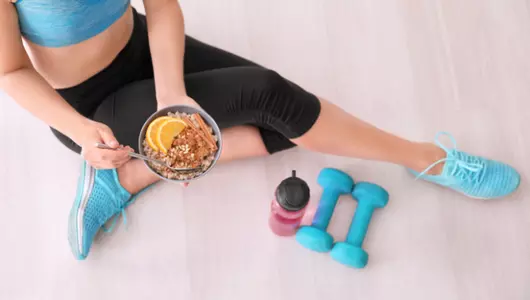
Artificial sweeteners: Good or bad?
By Gundersen Nutrition Therapy
Artificial sweeteners are low-calorie or calorie free carbohydrates that are used as replacements for table sugar. There are two types of artificial sweeteners: sugar substitutes & sugar alcohols. They are widely used in products claiming to aid weight loss, dental care, and diabetes. Although these products are touted as being better than regular sweetened products, there are some questions about the overall health benefits and safety of artificial sweeteners.
There are six artificial sweeteners are approved for use in the United States: stevia, aspartame, sucralose, neotame, acesulfame potassium and Saccharin. Sugar alcohols have names that end in "-ol," like mannitol and sorbitol. These tend to be less sweet than sugar but have similar properties and can be used in a variety of products like protein bars and sugar-free candies. To tell if artificial sweeteners are in a product, look for the words "diet" or "sugar-free" on the package. You can also check the ingredient list for any of the six sugar substitutes listed above, or ingredients ending in "-ol" as this indicates a sugar alcohol.
While all artificial sweeteners on the market are generally considered safe, it is still important to use them in moderation. It is a healthy practice to limit intake of processed and convenience foods that contain sweeteners and other additives, while eating more whole foods with little to no processing. Minimize intake of beverages sweetened with sugar and sugar substitutes, and choose plain water most of the time. Some artificial sweeteners, like Stevia, are part of the ragweed family and may cause allergic reactions. Just because a food is "sugar-free" or "calorie-free" does not mean it should be a free-for-all. Remember, moderate intake of artificial sweeteners is considered safe, but there is not a specific amount that is considered moderate at this time.
Related articles

Protein takeover: How much is really needed per day?

What exercise burns the most calories?

The link between nutrition and your mental health

How much fiber does my child need?